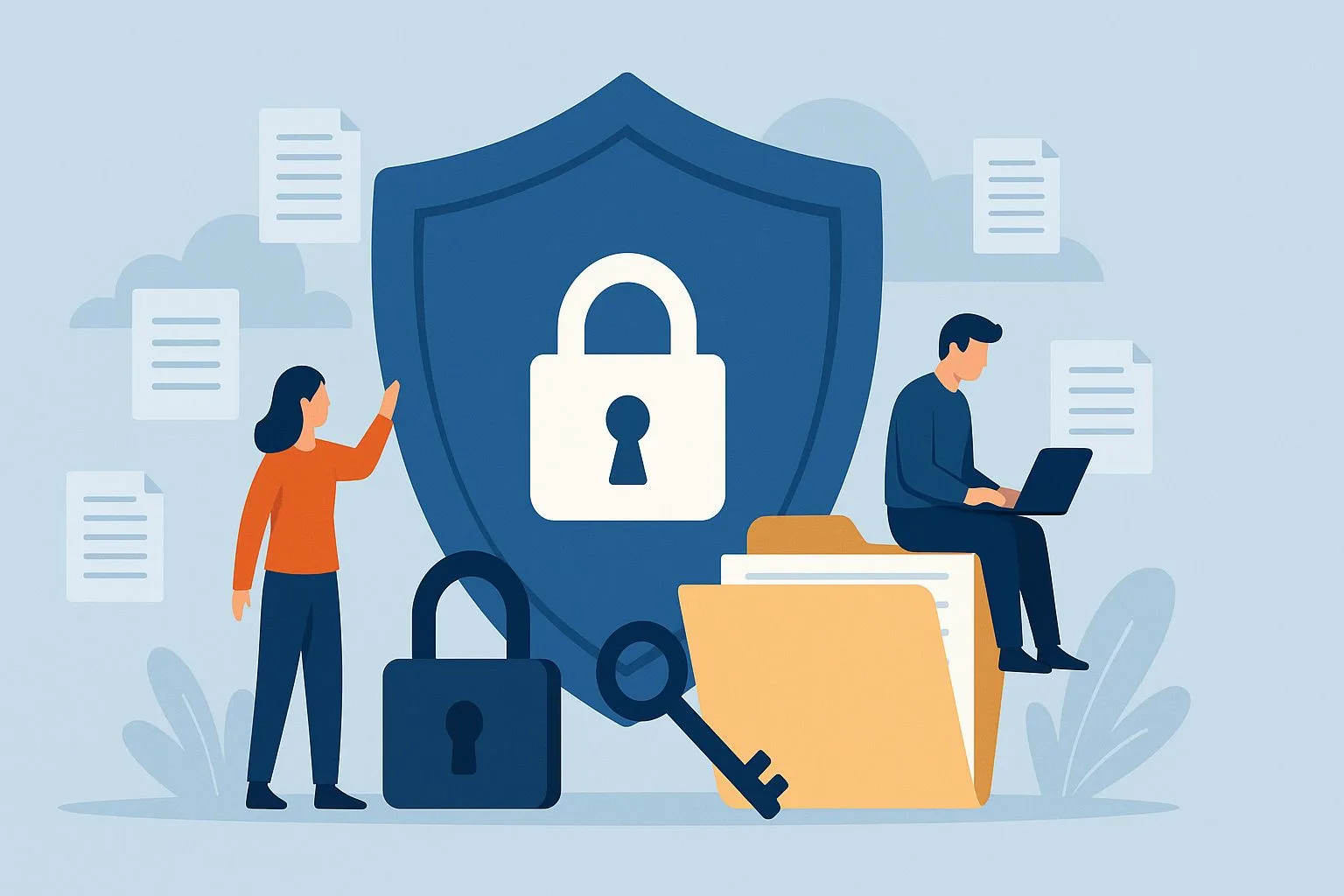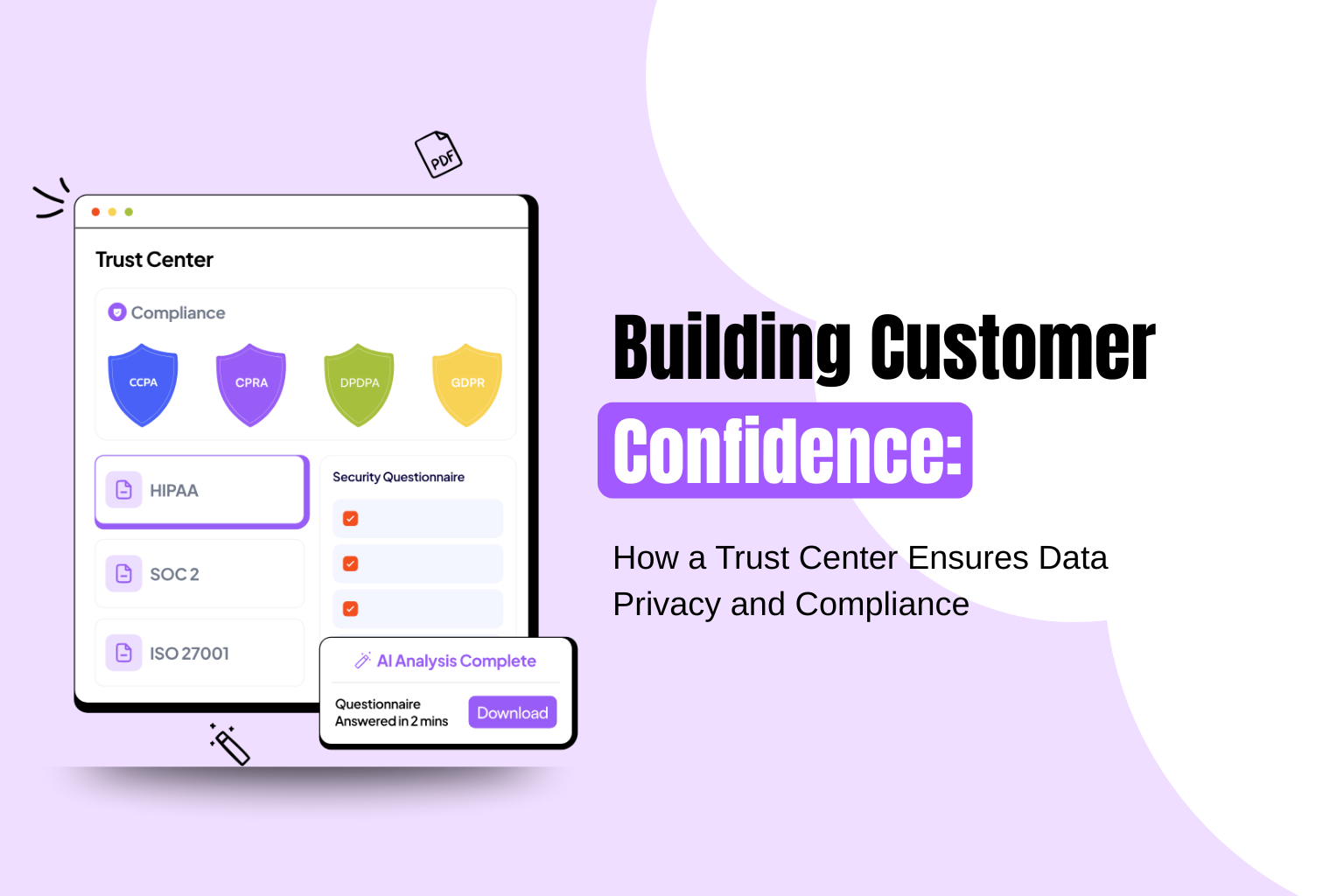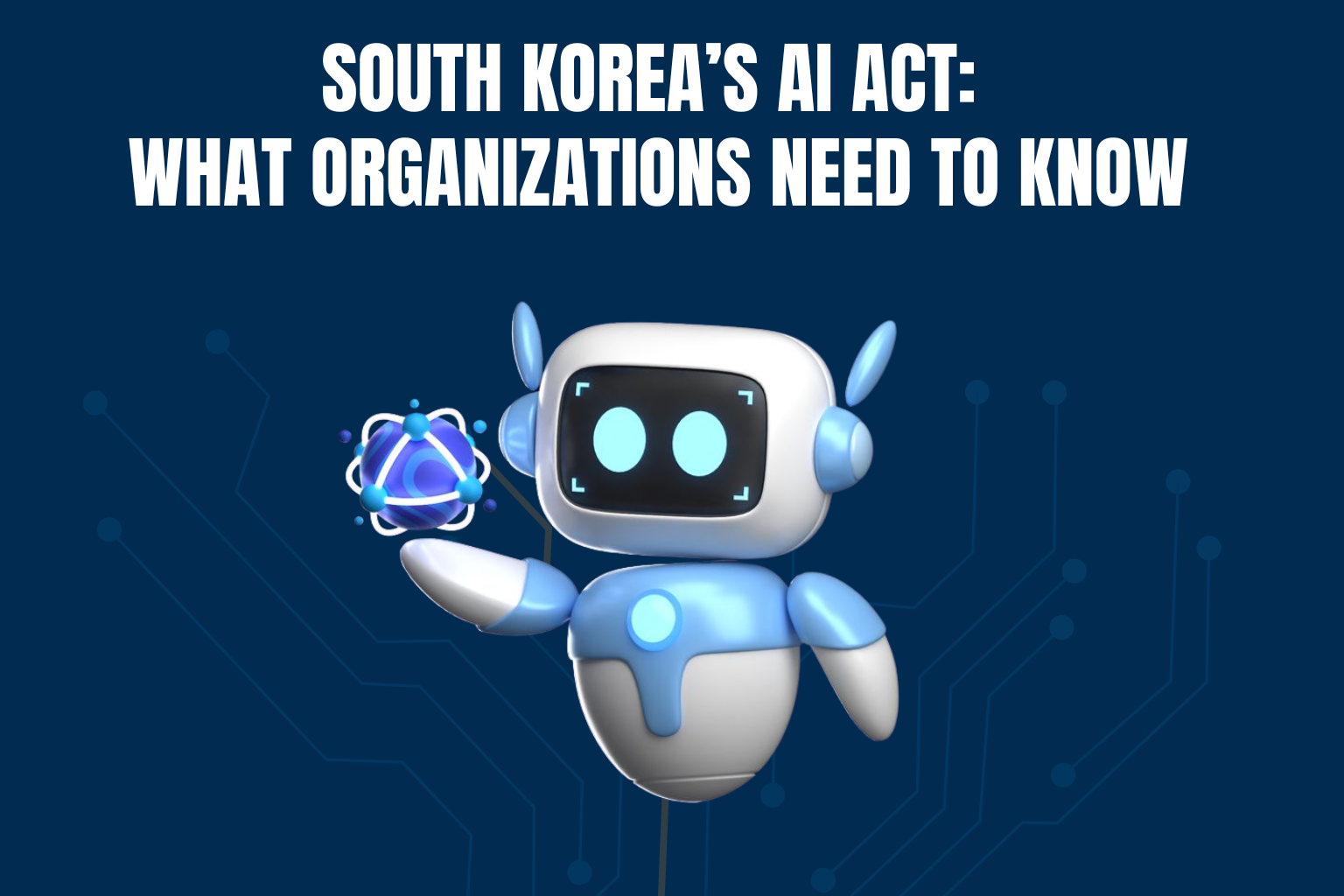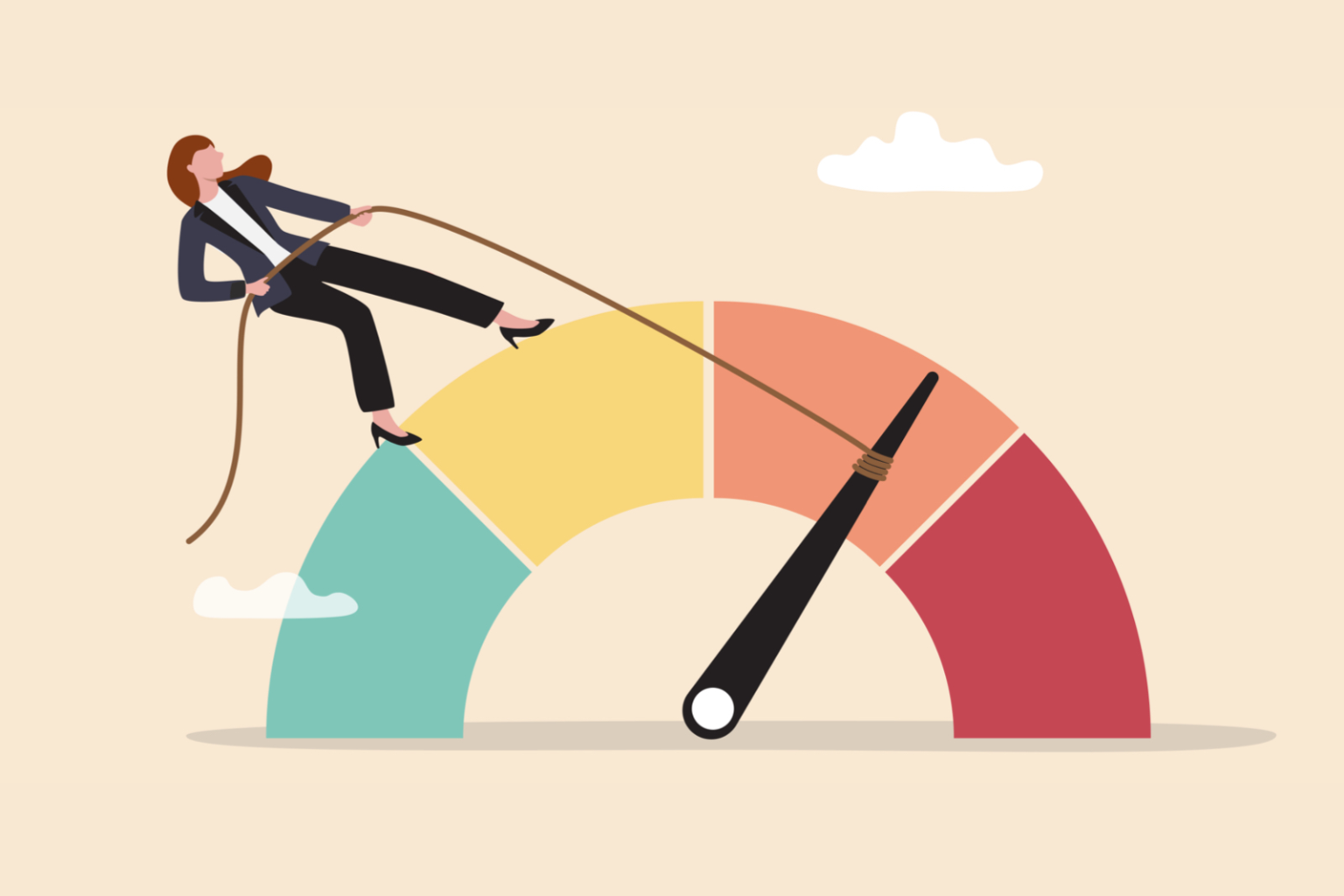
What Is the California Consumer Privacy Act (CCPA) and Why It Matters?
Privacy laws are changing how businesses manage customer data. The California Consumer Privacy Act (CCPA) is one of the most important rules, making companies more responsible for protecting personal information.
California Consumer Privacy Act (CCPA) gives people more control over their data, ensuring businesses are open about what they collect and who they share it with. Nevertheless, complying with privacy regulations such as CCPA, GDPR, and DPDP in India may be challenging given the number of requirements.
That is where Redacto comes in handy. It streamlines compliance through high-performance data governance tools, assuring third-party risk and automating privacy processes. It assists companies in fulfilling complex demands, limiting risks, and saving some time. Let’s have a deeper look into what CCPA means and how it is different from GDPR
What is the California Consumer Privacy Act (CCPA)?
The California Consumer Privacy Act (CCPA) is a privacy law ensuring that business owners treat customer data appropriately. It aims to give California residents more control over the use of their personal information.
The CCPA regulations give people three primary rights, i.e., knowing what information is gathered, asking to delete it, and barring its sale to third parties.
It is one of the global efforts to improve data management, including legislation such as the DPDP Act in India, GDPR in Europe and the California Privacy Rights Act (CPRA).
For businesses, following the CCPA regulations isn’t just about avoiding fines—it’s about showing customers they care about privacy.
Key Rights Consumers Have Under the CCPA
The California Privacy law ensures transparency, control, and fairness for consumers, making it one of the strongest data privacy laws in effect. The CCPA gives consumers powerful rights over their data:
- Right to Know: Consumers can ask businesses what personal information they collect and for what purpose.
- Right to Delete: Consumers have the right to request that businesses delete their personal information.
- Right to Opt-Out: Customers can stop the sale of their data to third parties.
- Right to Non-Discrimination: Businesses cannot deny goods or services or charge higher prices for consumers exercising their CCPA rights.
Protections and Benefits for Consumers Under the CCPA

The California Consumer Privacy Act (CCPA) gives consumers more control over their personal data. From requesting data access and deletion to stopping its sale, CCPA ensures consumers can protect their privacy. It also prevents unfair treatment when people exercise these rights.
Transparency for Consumers
CCPA makes sure that businesses alert consumers to the information that they gather, the purpose of the collection, and the use of the collected data. It makes the companies and the users more trusting.
These revelations facilitate easy comprehension by individuals on how their data is used and provide them the ability to decide on their privacy wisely.
Control Over Data
Consumers have the right to their data at any time under the CCPA. They are also able to demand that it be erased or refuse to allow third parties to purchase their data.
The protections enable citizens to own their data, meaning that their personal information will be treated with responsibility by companies.
Equal Treatment
CPCA regulations guarantee the equality of treatment of individuals in the process of guarding their privacy. Services cannot be denied or charged an additional fee when exercising these rights, and the fear of discrimination is gone.
With this provision, the customers are more secure when using data protection without obstruction in their service delivery or the same value of commodities used.
How CCPA and GDPR Are Different
The California Consumer Privacy Act (CCPA) is mostly concerned with empowering consumers with data. It enables individuals to foresee the situation when data is sold and ask to delete their data.
In contrast, the General Data Protection Regulation (GDPR) in the EU is more restrictive in the way data is collected. Companies should obtain clear permission before collecting any personal information.
Scope is another large difference. CCPA is applicable to businesses depending on revenue or the quantity of data, whereas GDPR is applicable to all businesses dealing with information on EU citizens, regardless of size.
Finally, CCPA regulations focus on data sales transparency, whereas GDPR extends to areas of data storing, lawful processing of personal data, etc.
What Are the Consequences of Ignoring CCPA Compliance?
The penalty for failure to comply with the CCPA rules may be high. Businesses can be fined up to $2,500 per accidental violation and $7,500 in the case of intentional violation.
In addition to the financial fines, the non-compliance may result in reputational losses due to the loss of consumer trust in a business. Violation of personal data associated with the CCPA can also lead to court cases.
How to Build a Simple CCPA Compliance Plan
Developing a CCPA compliance strategy is tricky, but with the help of Redacto, it is easy. Complying is simply easy with data governance tools that automatically discover, categorize and protect sensitive data.
Be it the process of consumer requests to access their data to automating third-party risk assessments, Redacto has got you covered. It involves less time, makes it less risky and keeps your business in front of the privacy rules.
Conclusion
The CCPA meaning demonstrates that data privacy is no longer optional. Businesses must adapt to protect personal information. Non-compliance risks legal penalties and loss of customer trust.
Using Redacto, companies can automate compliance, secure sensitive data, and simplify managing privacy. It saves time, lowers risks, and ensures your business meets privacy standards.
FAQs
Where Does the CCPA Apply to Businesses?
The CCPA applies to businesses collecting data from California residents, even if the company isn’t based in California. Companies meeting revenue, data collection, or data-sharing thresholds must comply regardless of their location.
What Personal Information Does the CCPA Cover?
CCPA regulates data that identifies, relates to, or describes a person, including names, emails, IP addresses, purchase histories, geolocation, and biometric data. It also includes inferences drawn to create consumer profiles.
What Happens If You Don’t Follow the CCPA?
Noncompliance can result in penalties: $2,500 per violation or $7,500 for intentional violations. Reputational harm, lawsuits, and losing customer trust are additional consequences businesses face if they ignore the law.
If My Business Isn’t Located in California, Why Should I Worry About Compliance?
If your business collects or processes personal data from California residents, CCPA compliance applies. Non-California businesses still risk fines and reputational damage if they interact with California consumers and fail to comply.
When Does the Law Go Into Effect?
The original CCPA became enforceable on July 1, 2020. Updates like the California Privacy Rights Act (CPRA) began enforcement on January 1, 2023, further expanding consumer protections.
What Kinds of Disclosures Are Qualifying Companies Required to Provide Under CCPA?
Businesses must disclose what data they collect, why it’s collected, categories of third parties receiving it, and consumer rights. They must also give clear ways for consumers to opt out of data sales.
How Does the CCPA Define PI?
PI, or personal information, under the CCPA compliance includes any data that identifies or relates to a person. This ranges from emails and IP addresses to browsing history and consumer behaviour insights.




%20Redacto%20logo_New.png)



.jpg)



